B7-33 6mg
SKU
$63.00
B7-33 is a research chemical that is still being researched. B7-33 can be effective in lowering fibrosis in acute and chronic diseases like heart failure, lung and kidney problems.
B7-33 exibits potent anti-fibrotic effects. It is under active research and investigation as a means of reducing fibrosis in acute and chronic diseases like heart failure, lung inflammation, kidney and more.
In animal studies, B7-33 has reduced fibrosis by roughly 50%, leading to prolonged survival following injury and offering the first new means of treating heart failure in 20 years.
It has been shown to reduce excessive scar formation following cardiac injury. It has also shown promise in the treatment of certain vascular disorders as well as preeclampsia of pregnancy.
PRODUCT USAGE WARNING : This PRODUCT IS INTENDED AS A RESEARCH CHEMICAL ONLY. This designation allows the use of research chemicals strictly for in vitro testing and laboratory experimentation only. All product information available on this website is for educational purposes only. Bodily introduction of any kind into humans or animals is strictly forbidden by law. This product should only be handled by licensed, qualified professionals. This product is not a drug, food, or cosmetic and may not be misbranded, misused or mislabled as a drug, food or cosmetic.
Description
BUY B7-33 PEPTIDE FOR SALE ONLINE
What is B7-33?
B7-33 is a soluble synthesized single chain peptide derived from the larger, naturally occurring protein H2-relaxin. B7-33 retains the anti-fibrotic properties of relaxin without increasing production of cAMP. This peptide stimulates ERK1/2 phosphorylation, promoting matrix metalloproteinase 2 (MMP2) expression and the degradation of extracellular collagen.
B7-33 is one of a number of synthetic peptides derived from the human H2-relaxin protein, which is itself the namesake of a family of four proteins (relaxin, insulin-like peptide 3, H3-relaxin, and insulin-like peptide 5) known as the relaxin proteins. These proteins, which are closely related to insulin, have all been shown to have pleiotropic actions, impacting the musculoskeletal system, cardiovascular system, and reproduction among others.
B7-33 Peptide For Sale online only at USA Peptide Store where you can buy USA Research Peptides online. Shop over 100 research peptides online now for fast shipping and the best deal! Buy in bulk and Save! USA Peptide Store Your #1 Trusted USA Research Peptides Supplier.
If this product does not meet your needs or interests, you may want to look at BPC-157 Peptide 5mg & 10mg. Please visit this link for further information on our Other Peptides
The relaxin family peptides have four endogenous receptors that are divided into two pairs (RXFP1/2 and RXFP3/4). The function of these receptors is outlined as follows:
- RXFP-1: Important roles in sperm motility, pregnancy, vascular endothelium, and joint health.
- RXFP-2: Plays an important role in testicular descent.
- RXFP-3: Mutations of this receptor have been found in schizotypal personality disorder and certain sleep disturbances.
- RXFP-4: The role of this receptor is less well-defined. It is known to be expressed on sperm and to impact the function of insulin-like peptide 5, which has been shown to play a role in hunger/satiation signaling.
The relaxin receptors are not just targets for relaxin proteins, however. These receptors can be stimulated by cAMP, orexin, corticotropin-releasing factor (CRF), several insulin-like peptides, and GLP-1. The agonists have been variously shown to have anti-inflammatory, antioxidant, and wound healing properties. These findings led researchers to explore the primary ligand for these receptors, which was identified as relaxin. Research shows that relaxin has all of the properties just mentioned in addition to being a vasodilator, blood vessel growth stimulator, and antihypertrophic. Taken together, these functions given relaxin potent anti-fibrotic properties and have led to the serious investigation of this peptide and its derivatives in the treatment of acute heart failure and other fibrotic disorders.
Structures
Sequence: VIKLSGRELVRAQIAISGMSTWSKRSL
PubChem CID: 318164840
Synonyms: (B7-33)H2, GTPL9321
B7-33 Research
B7-33 Function
Due to its unique structure, even though B7-33 binds to the RXFP1 receptor with greater affinity than the native H2-relaxin protein, B7-33 preferentially activates the pERK pathway over the cAMP pathway. The pERK pathway is known to play an important role in cell cycle arrest in the G1 phase and has been implicated in a number of diseases including protein-misfolding conditions like Alzheimer’s disease and Crutzfeld-Jacob disease.
By arresting cell cycle progression in cells with RXFP1 receptors, B7-33 can produce a number of effects. It appears that its anti-fibrotic effects, however, are most likely mediated through the ability to stimulate RXFP1-angiotensin II type 2 receptor heterodimering, which activates pERK1/2 signaling and, eventually, leads to increased production of the collagen-degrading enzyme matrix metalloproteinase (MMP) -2. It is important that B7-33 promotes only pERK pathway activation as it is thought that cAMP activation may be responsible for some of the tumor-promoting effects seen with full-sequence H2-relaxin and not seen with B7-33.
Ease of Production
One of the advantages of B7-33 over the native H2-relaxin protein is that it does not activate the cAMP pathway but still retains the ability to promote the full anti-fibrotic effects of the parent peptide. This is not, however, the only advantage that B7-33 offers. Just as important among its attributes is the fact that B7-33 is easier to produce. Because B7-33 has less complicated 2D and 3D structures, it is much less laborious to produce a functional B7-33 protein than a full H2-relaxin protein. This ease of production leads to less expensive production as well.
Anti-Fibrotic Properties
Fibrosis, which is to say scarring or unorganized tissue regeneration, is the end state of at least half of all chronic diseases. From cardiovascular disease to lung disease to cirrhosis of the liver, aberrant wound healing (i.e. fibrosis) is one of the primary causes of organ failure. In 2012, H2-relaxin completed phase II clinical trials for the treatment of acute heart failure. The research revealed that H2-relaxin administration leads to immediate vasodilatory effects and reduces the long-term scarring seen following heart damage. This makes H2-relaxin the first new treatment approved for acute heart failure in 20 years.
While the benefits of H2-relaxin are robust and significant, there are drawbacks to using the full relaxin protein as a therapeutic agent. Not only is H2-relaxin difficult to produce it can also only be administered via IV injection. Additionally, the full protein has been shown to increase heart rate and promote cancer progression (particularly prostate cancer). Most of these effects have been traced to the protein’s activation of the cAMP pathway, so an effort was made to reduce cAMP activation. The result of that effort is B7-33.
According to Dr. Akhter Hossain, one of the lead developers of B7-33, the peptide increases MMP-2 production as well as or even slightly more than H2-relaxin does. This, of course, translates into a significant reduction in cardiac fibrosis in rat models of MI-induced heart failure. With the reduced fibrosis comes a concomitant improvement in heart function and thus a reduction in the long-term symptoms and complications of heart failure. Results suggest that B7-33 may reduce overall scarring in the heart, following injury, by approximately 50%. Similar effects were recorded in mouse models of asthma and lung fibrosis.
To further test the benefits of B7-33 over H2-relaxin, Dr. Hossain and his colleagues examined what would happen if B7-33 was given to mice with prostate cancer. As it turns out, B7-33 not only did not promote tumor growth when administered at doses necessary to treat fibrosis, it didn’t even promote tumor growth when given at higher doses than those producing anti-fibrotic effects. This happens because B7-33 works almost exclusively through the pERK pathway and does not stimulate cAMP production.
Blood Vessel Protection
Human relaxin-2 (serelaxin) has been of intense focus in laboratory research for its ability to protect the vasculature against edothelial dysfunction and long-term scarring. Research in mail Wistar rats shows that B7-33 replicates the vasoprotective effects of serelaxin by enhancing bradykinin-mediated endothelium-dependent relaxation in arteries. It appears to do this by boosting endothelium-derived hyperpolarization in certain vascular beds. The selectivity of this molecule in causing vasorelaxtion may make it useful in the treatment of certain cardiovascular conditions as well as preeclampsia of pregnancy. Because it is simpler and more affordable to produce than serelaxin, B7-33 may quickly become the defacto therapeutic option for certain vascular conditions.
B7-33 in Preeclampsia
Preeclampsia is a common complication of pregnancy that leads to high blood pressure and reduced fetal weight. While manageable to a large degree, preeclampsia can be difficult to control and, in some cases, life-threatening to both mother and fetus. In the most extreme cases of preeclampsia, immediate delivery of the baby is necessary, making it a common causes of pre-term delivery. Research, however, suggests that relaxin and thus B7-33 may prove useful in controlling preeclampsia even in severe cases.
The most recent research available suggests that B7-33 likely acts at the RXFP-1 receptor to increase the production of VEGF in cytotrophoblasts. These cells, found in the developing fetus, are critical in helping to establish blood flow between the maternal circulation and the developing fetus. By stimulating VEGF production, B7-33 promotes the growth of blood vessels and thus improves blood supply between mother and child.
This same research also reveals that lipidated B7-33 has a much longer in vivo half-life and that lipidation has no impact on the peptides activity. A longer half-life would make B7-33 an even more effective therapeutic and increases the odds that enteral administration can result in therapeutic plasma levels of the protein.
B7-33 in Anti-Fibrotic Materials
One unique area in which B7-33 is finding application, at least in research, is in the production of anti-fibrotic materials or materials that resist the foreign body response. Under normal circumstances, the body reacts to a foreign object by trying to remove it completely. If that cannot be done, then the body will begin to wall off the foreign object, via fibrosis, to isolate it from the body and reduce its ability to cause disease and dysfunction. This is all well and good in the fight against pathogens, but becomes problematic when one wishes to implant a medical device, like a cardiovascular stent for instance, into the body. In these cases, fibrosis can lead to dysfunction or degradation of the implant. In some cases, such as with cardiac stents, fibrosis can lead to artery occlusion, reduced blood supply, and eventually heart attack.
B7-33 offers an ideal coating for use in implants. In one study, the release of B7-33 from the coating of a device reduced fibrotic capsule thickness by nearly 50% over a 6-week trial. Such results are the first step, but open up the possibility of a range of improved implantable medical devices. In fact, the use of B7-33 and similar peptides could preclude the need to use systemic drugs (e.g. plavix or aspirin when cardiac stents are placed) to reduce fibrosis of implanted medical devices, which would make the devices safer and allow them to be implanted in a wider range of patients (e.g.patients with more severe disease).
Summary
B7-33 is a novel peptide with potent anti-fibrotic effects. It is under active research and investigation as a means of reducing fibrosis in acute and chronic diseases like heart failure, lung inflammation, and more. In animal studies, B7-33 has reduced fibrosis by roughly 50%, leading to prolonged survival following injury and offering the first new means of treating heart failure in 20 years.
There is additional interest in using B7-33 to reduce the foreign body response to implanted medical devices. Once again, B7-33 reduces fibrotic capsule formation in implanted devices by approximately 50%, paving the way to new and improved implantable medical devices while also extending the utility and application of existing devices.
B7-33 is not just an anti-fibrotic peptide though. It has other properties, with its ability to reduce blood pressure and protect vasculature being of greatest interest. Studies in animal models of preeclampsia suggest that B7-33 might be a useful tool in treating this difficult-to-manage disease, potentially allowing more women to carry children to term in a manner that is safe for both mother and baby.
Buy Wholesale B7-33 Peptide From USA Peptide Store
At USA Peptide Store, our research peptides are of the highest purity and pharmaceutical grade. Our B7-33 Peptide comes in 6mg. We’re passionate about our products, and we always strive to provide our customers with the best in both selection and quality. All of the products we provide are tested to verify authenticity and purity, so you can conduct your research with confidence.
Searching for B7-33 Peptide for sale? Look no further! Our online peptide store offers a wide range of B7-33 Peptide, perfect for your research needs. Whether you’re in the United States, Australia, Canada, Germany, Sweden, France, Turkey, Thailand, Italy, Netherlands or the United Kingdom, we have you covered. We provide fast and secure shipping to multiple countries, ensuring that you receive your order conveniently and on time. Purchase B7-33 Peptide that are now available for sale and in stock. With our competitive prices and extensive inventory, you can trust us to be your reliable source for B7-33 6mg.
Want to learn more about our products or have a question about payment options? Our customer service team is here to help. So, what are you waiting for? order B7-33 Peptide For Sale and experience first-hand quality service, prompt response and quick shipping. Stock up on the highest quality B7-33 Peptide For Sale and more at USA Peptide Store today.
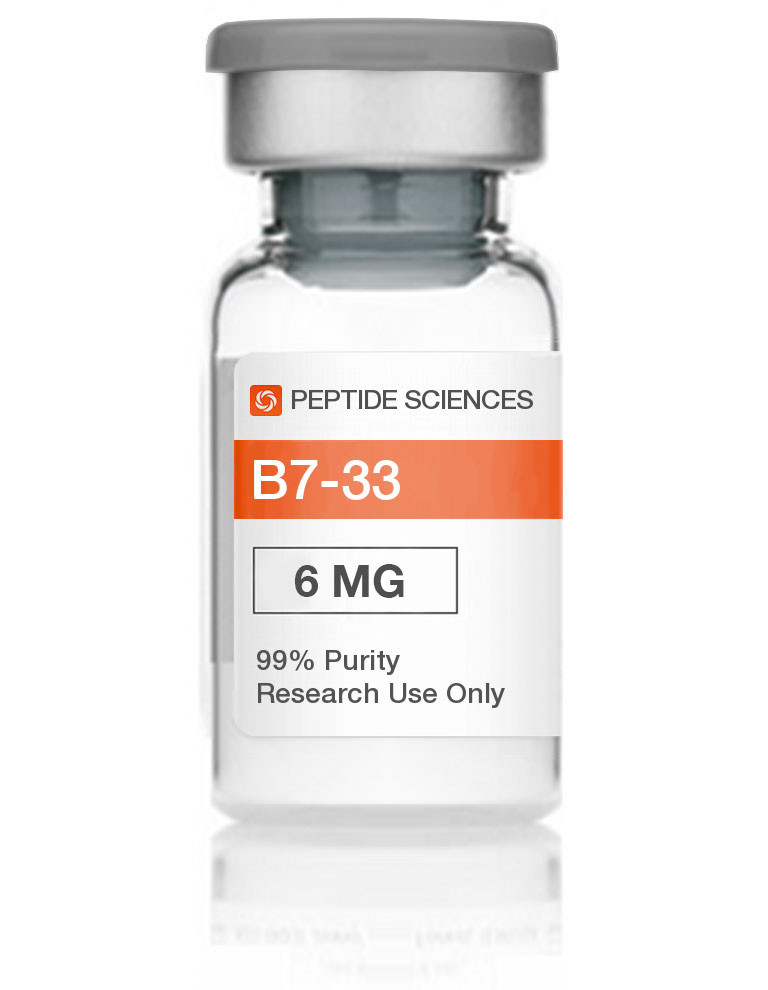
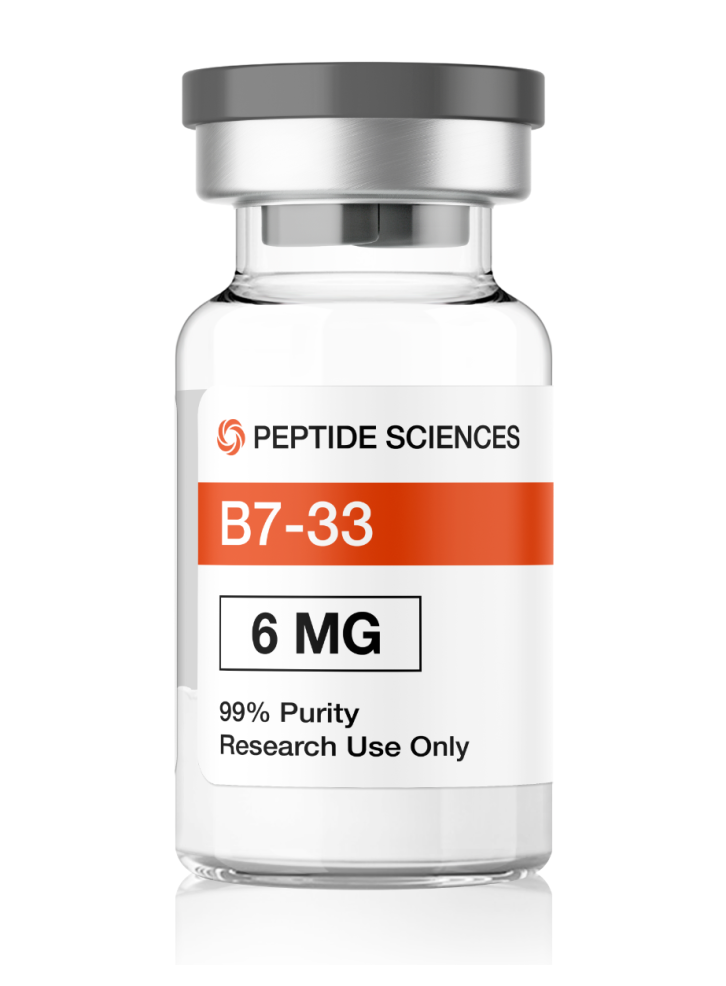
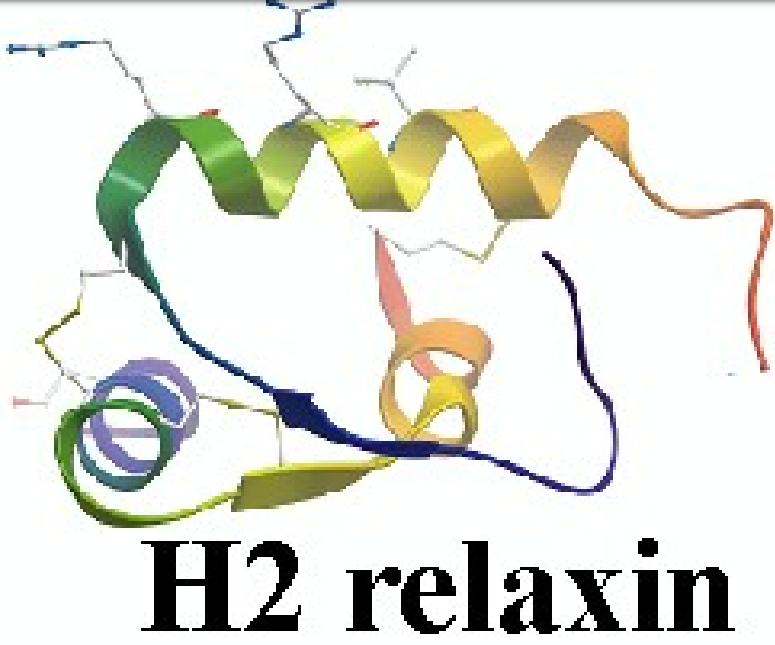
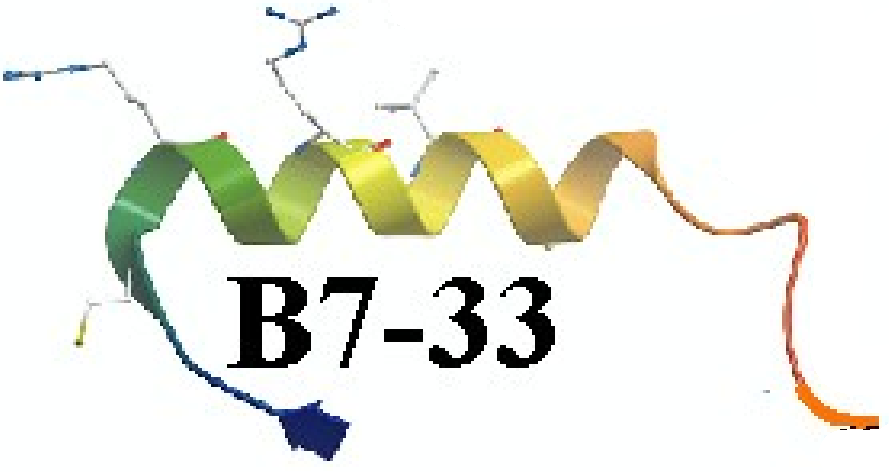
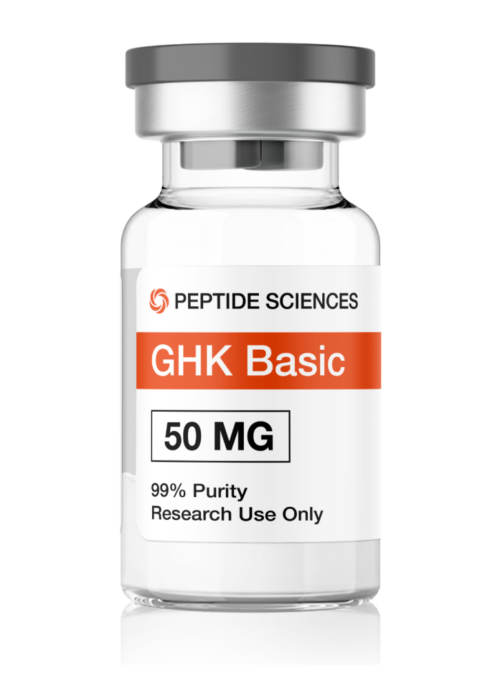
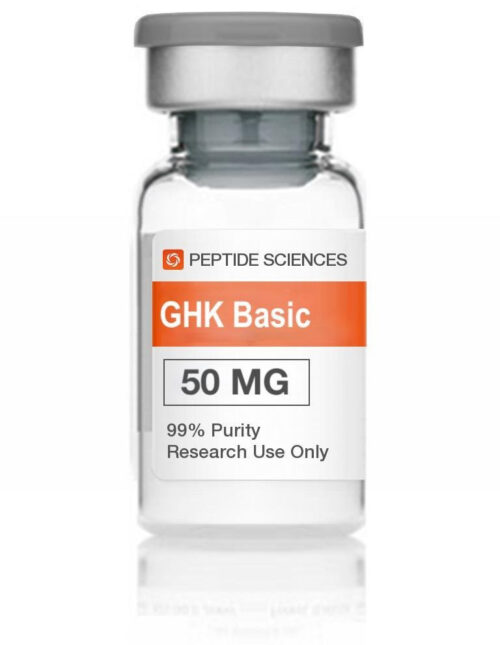
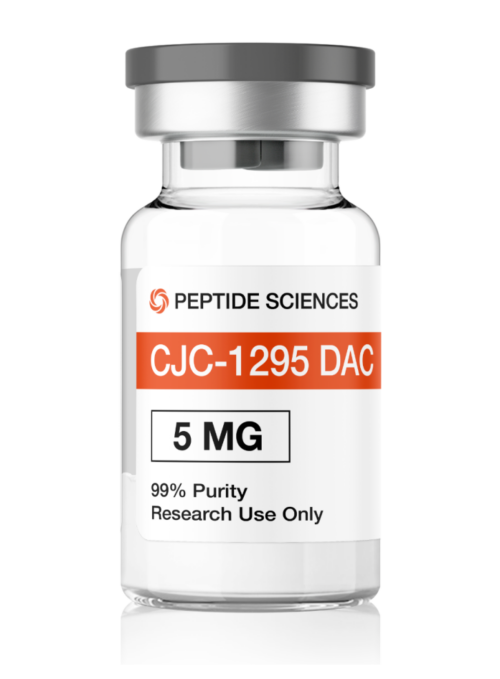
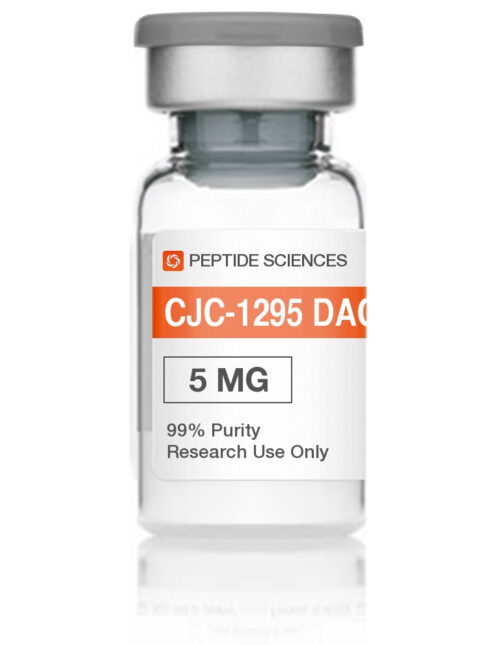
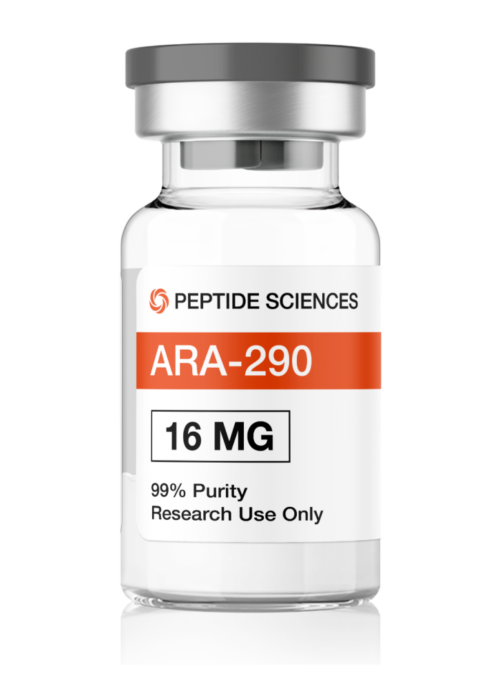
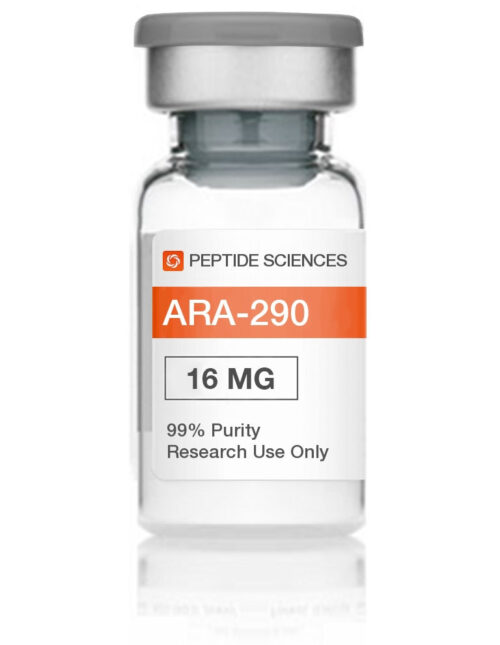
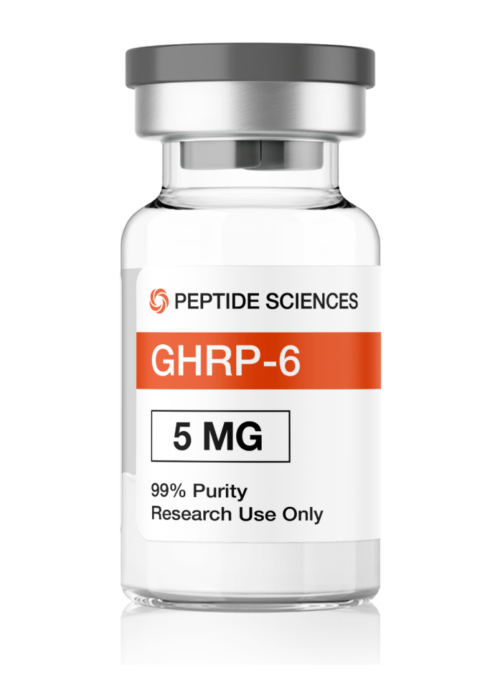
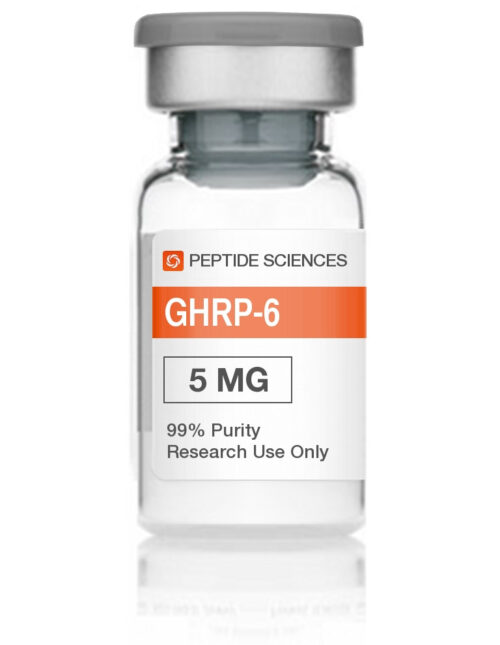
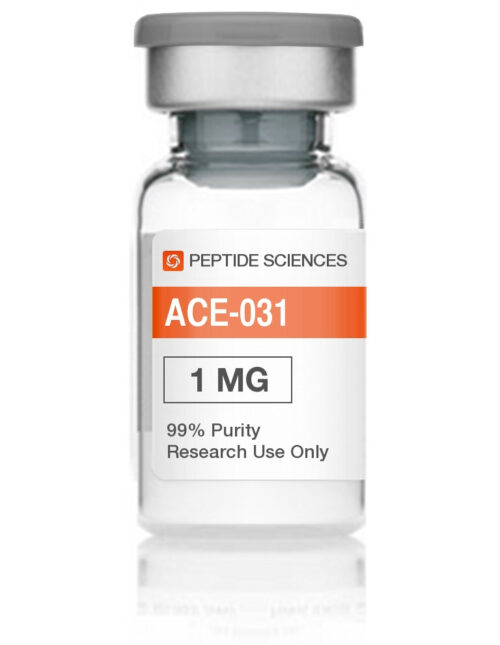
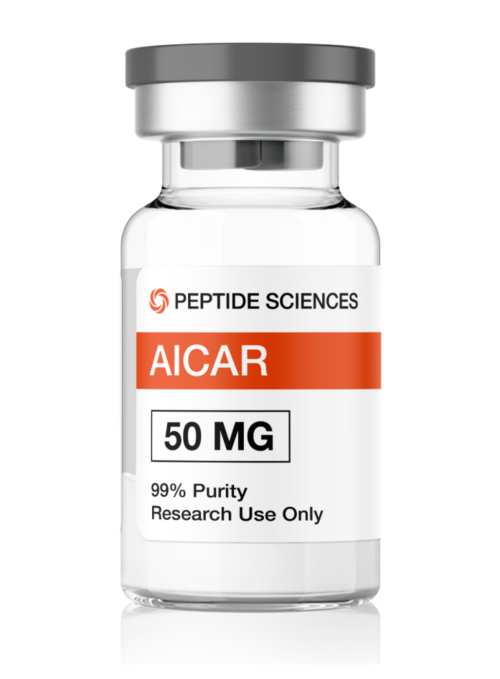
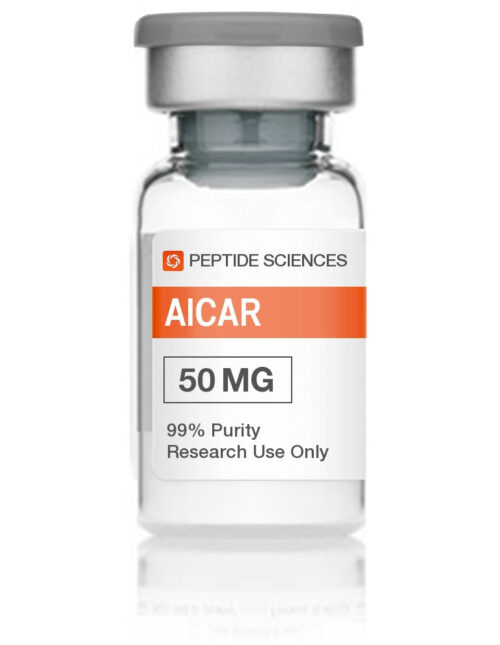
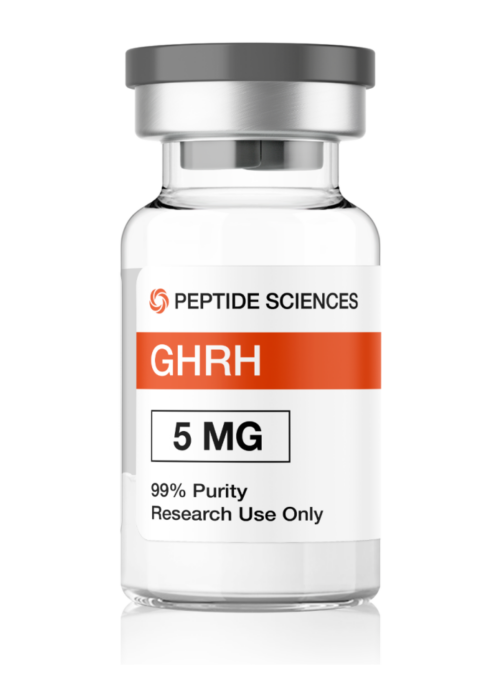
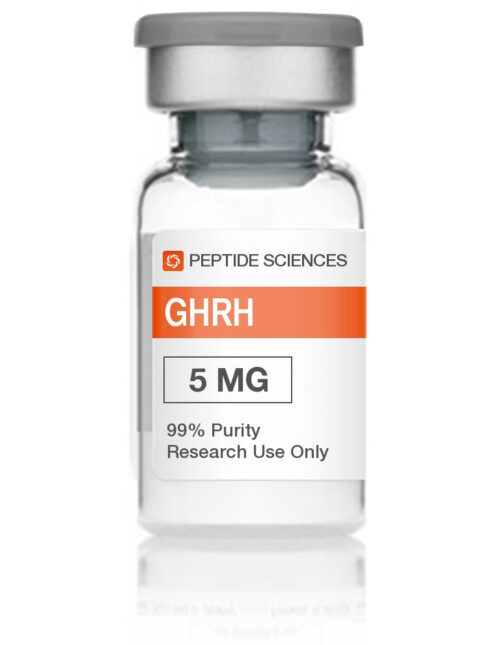
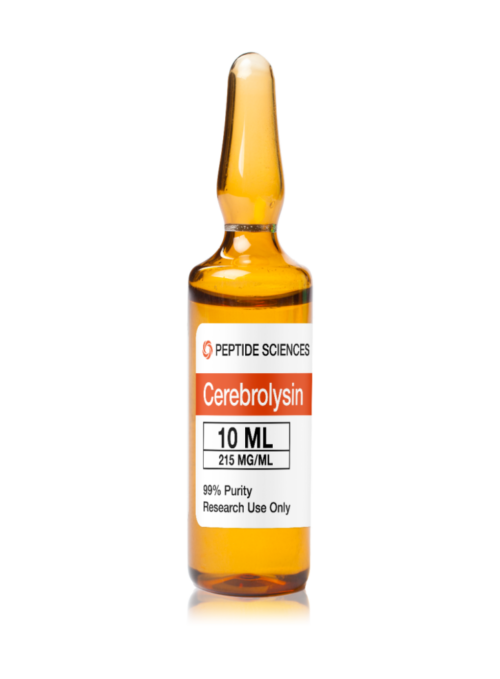
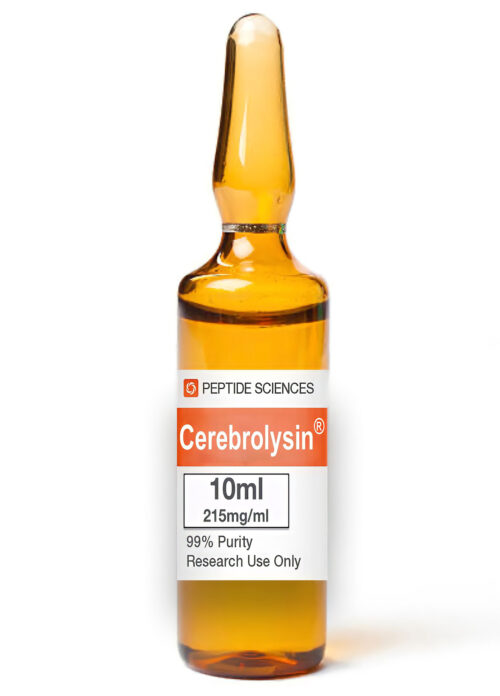

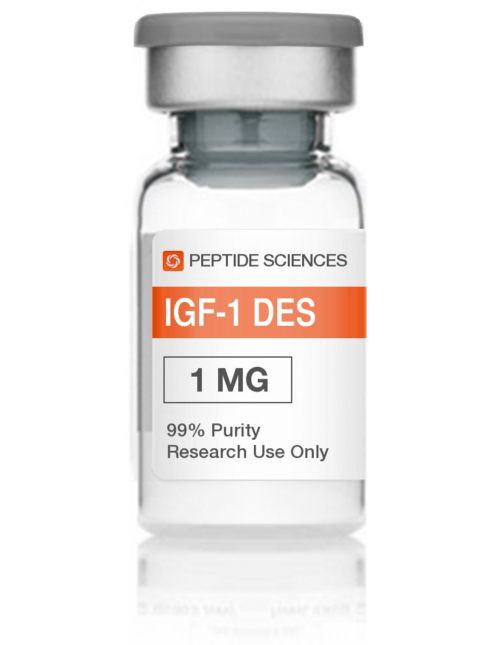
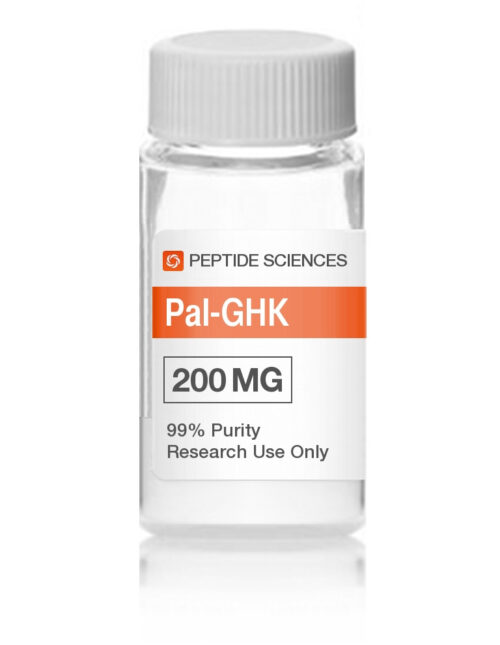
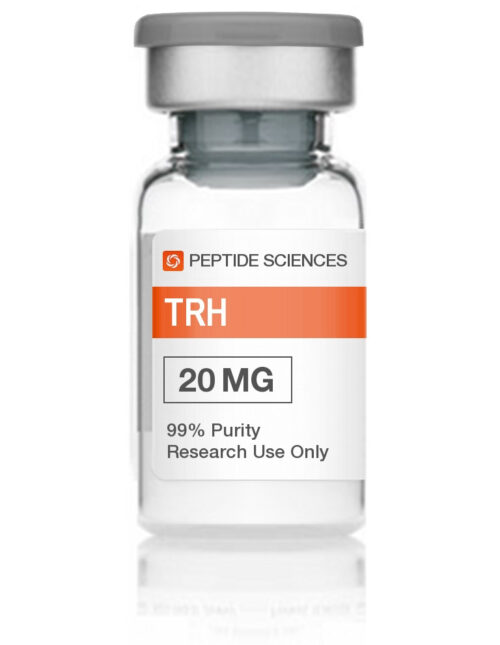
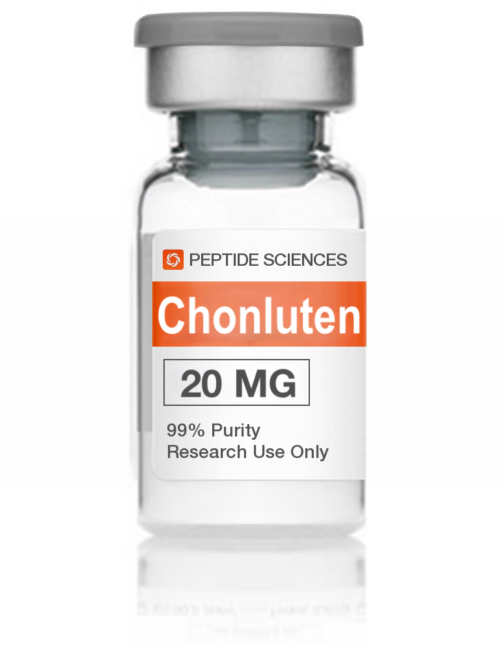

Reviews
There are no reviews yet.